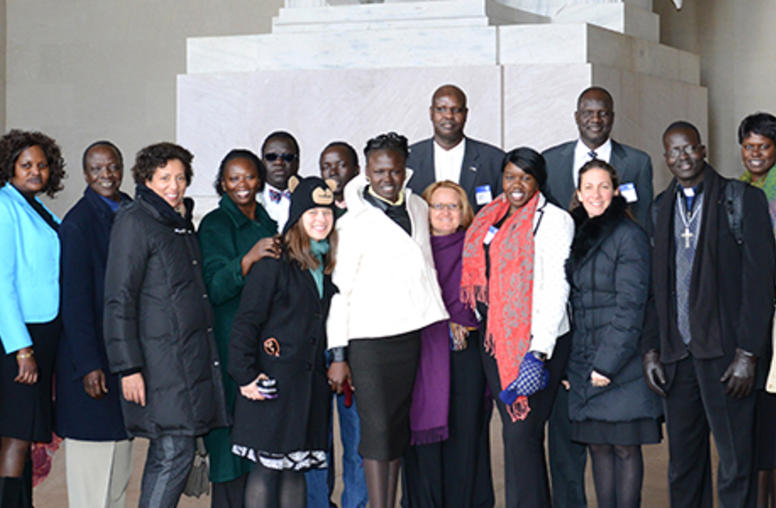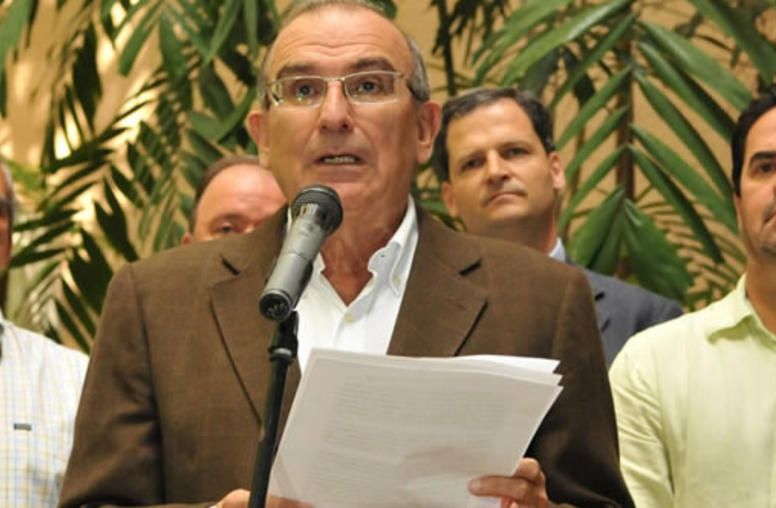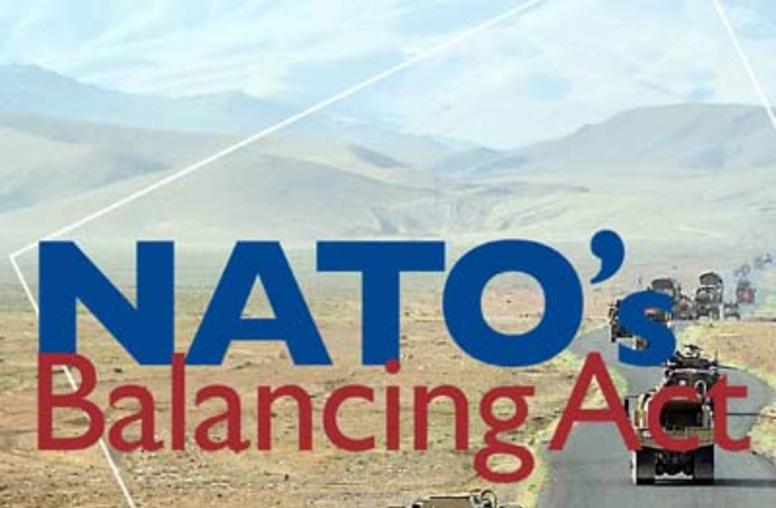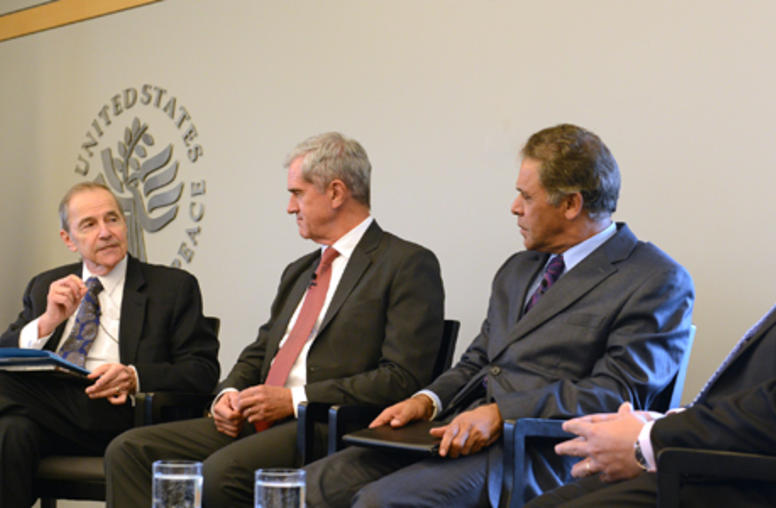The Institute, in partnership with the United States Department of State´s Foreign Service Institute (FSI), conducted a four-day International Conflict Workshop for 21 participants from the Departments of State and Defense, and nongovernmental organizations.
The Institute, in partnership with the United States Department of State´s Foreign Service Institute (FSI), conducted a four-day International Conflict Workshop for 21 participants from the Departments of State and Defense, and nongovernmental organizations.
This was the fourth time the Institute had given this program for FSI. The workshop featured three panels, consisting of eight leading experts in their fields, and seven expert guest speakers.
Presentations focused on conflict analysis, negotiation, mediation, preventive diplomacy, peace and humanitarian operations, as well the main players in such operations (e.g. military, police, NGOs, the media, etc.)
The workshop included a simulation and exercises, as well as a case study on Afghanistan written specifically for this program. The workshop gave participants greater confidence in their ability to use conflict management tools in onward assignments.



